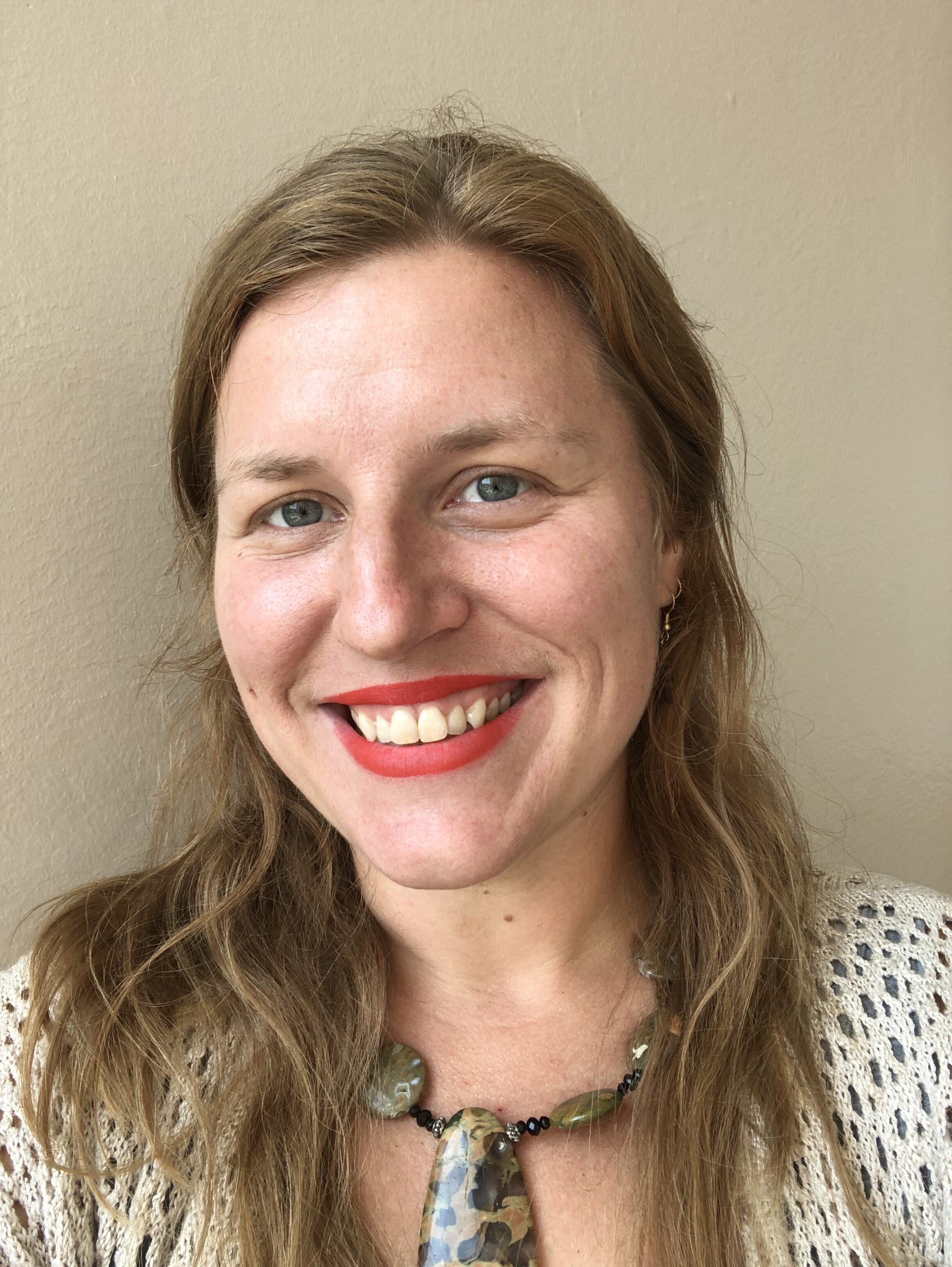Hope is a Discipline

by Veronica Switzer, Programs Manager
I recently heard this phrase on an incredible podcast “How to Survive the End of the World” by the amazing sister duo Adrienne Marie and Autumn Brown. I wrote it up on the white board that hangs on my fridge as a daily reminder. It struck me and filled me with questions. I understand that a discipline means something that is done as a practice, having intention and consistency. So, what is a discipline of hope? And what even is hope? I was so compelled to write about it for this blog and yet, thinking about it and what to say with any meaning became a challenge because I didn’t want it to be shallow and Pollyanna and truthfully, I don’t always feel hopeful.
I have been engaged in social justice spaces and work for decades, and I so often hear from people, including myself at times, that in the face of giant social challenges and oppressions, it feels like it is simply too much to hold, too hard to transform. And yet I know, our beliefs shape our reality. Thus, as long as those beliefs are held, then they will be true. If we think transformation isn’t really possible, then it won’t be. Those beliefs describe hopelessness to me and that leads to complacency, avoidance, and defeatism. But I think it’s a trick. Systems of oppression feed off of our suffering and to feel we can’t upend them; we stay stuck there and the systems continue. But what if we made it a practice to resist defeatism and complacency wherever it shows up in our life? How can we radically transform our own experience and that of those around us? I think hope is a place to start. My brother shared with me recently in thinking about hope, that hope helps us realize that if we are completely present for struggle, meaning we aren’t avoiding or turning from it, then we are also completely present with the remedy. We allow ourselves to see the entire possibility of experience. Hope includes relying on something intrinsic – looking within ourselves for the answers to some of the most difficult questions. Our own existence is our source of hope.
In a poem written by Debra Hall, she writes that “It is a daily discipline to choose” how much of world’s pain we touch. “We could be incandescent with righteous rage every second of every minute of every hour. Our collective grief could raise the sea level overnight.” She writes that the sworn enemy of joy is oppression and that we cannot take it on every walk even though it “whines and scratches at the door”. That it is “joy too we are here to spend. It is celebration and active reverence that give us energy, the courage to make our most difference. So, we actively seek out the silver linings.” We must write ourselves into these poems of hope and transformation.
What does a discipline of hope look like for me today? It means a big whiteboard on my fridge. It means a journal of gratitude. It is listening when things start to feel overwhelming. It is moving from love and not fear. Y’all, I am not an expert at this. But that is the point of a practice. It is not something that you graduate from and there is an end date. It is something that requires a daily intention to embody. I have to ask myself, am I filling my thoughtscape with as much information of growth and change as I am with Google rabbit holes on alarming topics? Am I spending time with young people who mentor me in the ways they are seeing the world and how it can change? Am I listening more than speaking because hope is something we co-create? Am I learning about the natural world around me and the resilience that is natural to the world around me and that I am fundamentally a part of? It is the discipline of the natural world to endure.
I know this is hard. That is why it is a discipline. But, it also has a beautiful simplicity. Feeling joy in my own self-laughing, cooking, being in the sunshine, dancing, singing at the top of my lungs-these practices cultivate that intrinsic sense of joy, and with that I am hopeful. Because I know it can be possible to find hope when I need it, when I reach for it.
I also have learned that when I am hopeful it is not just me and mine who are benefited, but this practice ripples out to others. Being hopeful in my circle of beloveds is an expansive practice to include anyone that they connect with as well and so on. As a dear friend regularly reminds me, “the only way we are going to get there is together.” We need to cultivate our communities of the hopeful. I invite you into mine.
